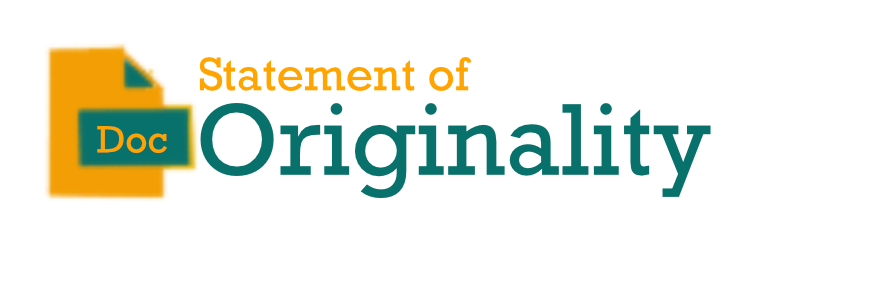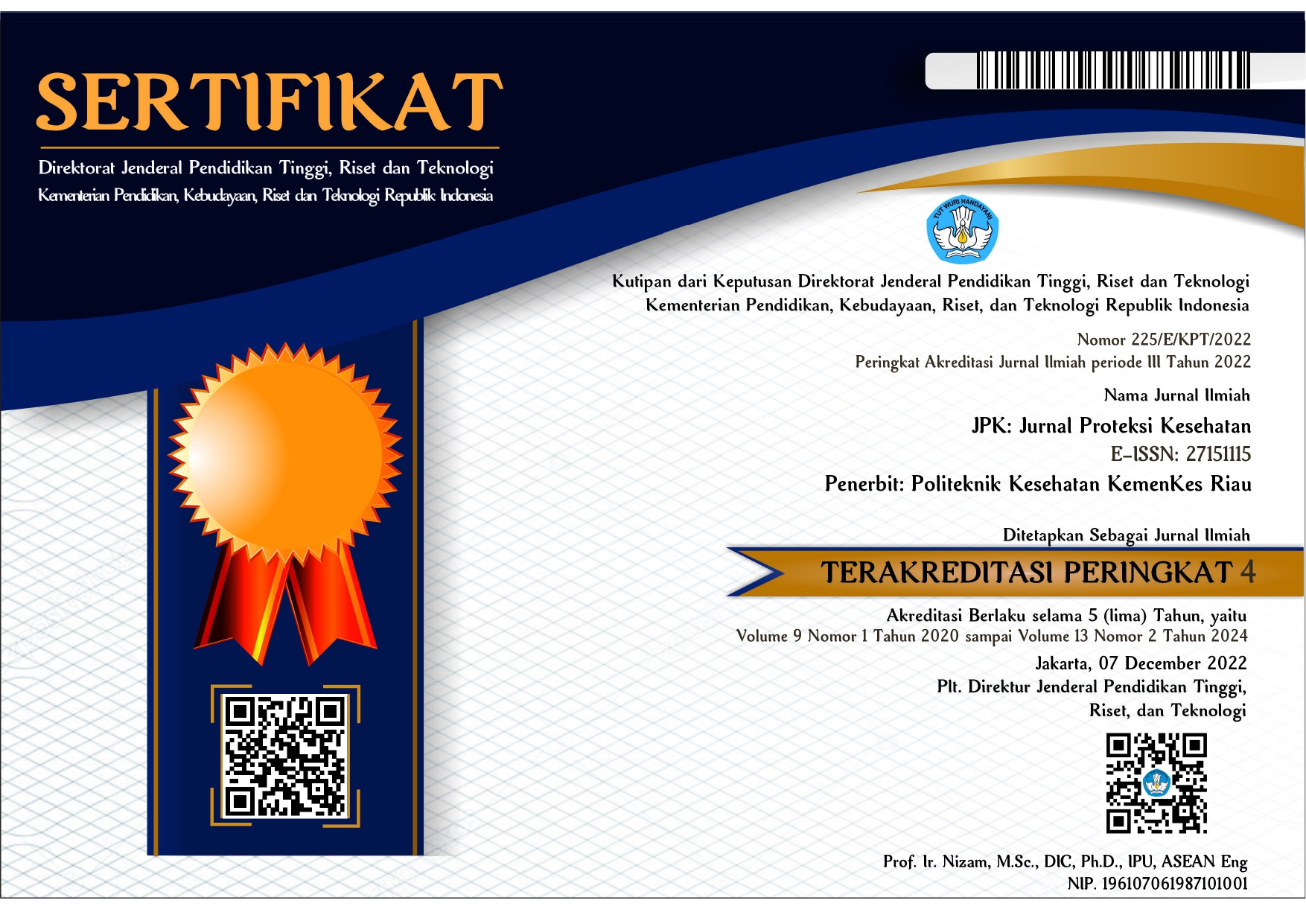Workbook Effectiveness in Increasing the Knowledge and Attitude of Mental Health Cadres in Caring for People with Mental Disorders
DOI:
https://doi.org/10.36929/jpk.v12i2.793Abstrak
Sufferers of mental disorders are on the rise, posing challenges to individuals, families, and communities around the world. To be accepted back into society requires proper treatment through empowerment of the community into a mental health cadre, at the same time being an extension of the hand of puskesmas in the community. Mental health cadres can detect mental health problems using a mental health cadre workbook. The aim of this study is to look at the effectiveness of the workbook in improving knowledge and attitudes in treating people with mental disorders. Data collection using questionnaire sheets before and after giving an explanation. The initial step of data analysis is to test the normality of the data and obtain the result of normal distributed data (p value > 0.05) and then perform a parametric test using the t-tst paired sample test to see the difference. The statistical test results show p value 0.001 for knowledge and p value 0.04 for attitude. There is a difference in knowledge and attitude between the two groups that are statistically significant.















